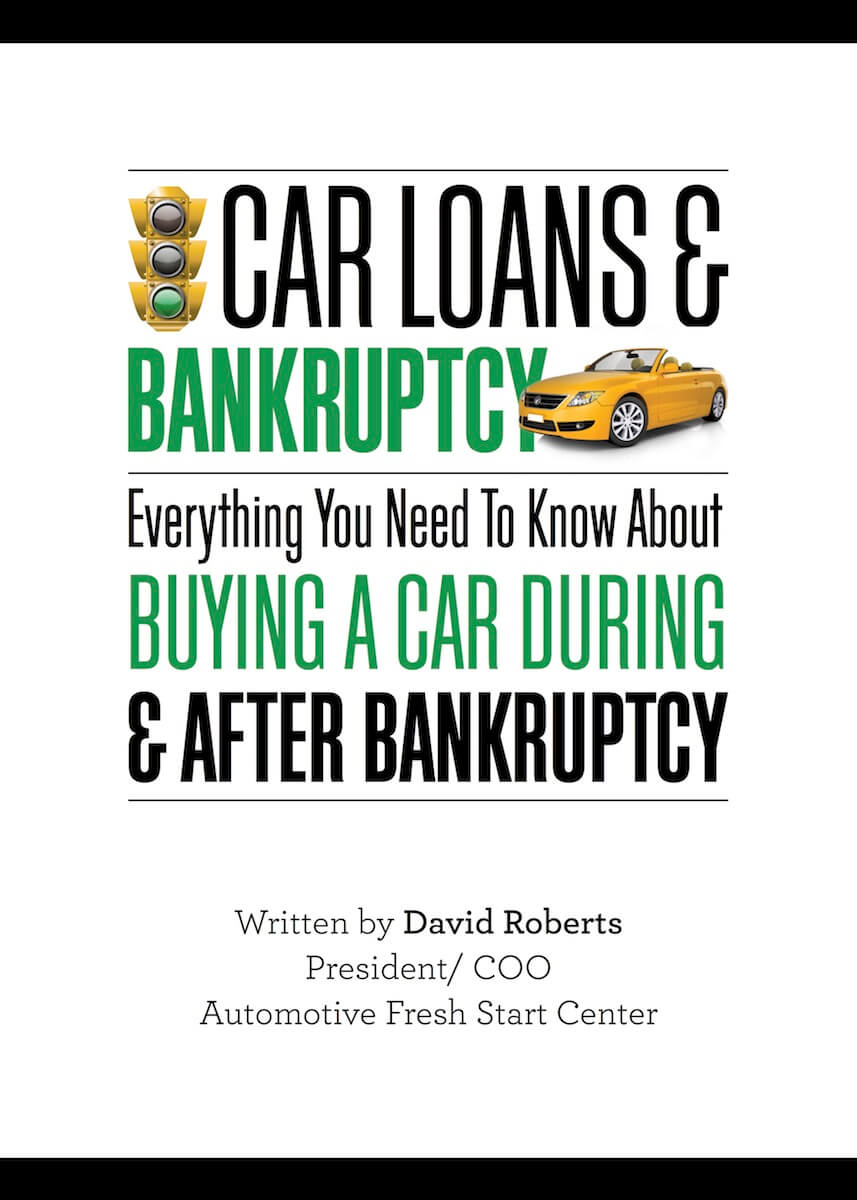Judgments and Bankruptcy
Did you know that a judgment against you could result in loss of vehicles, a lien on your homestead, levy on your bank accounts and even garnishment of your wages? All of these things can happen if you have a judgment against you and take no action.
Often, potential clients will come to us after a judgment has been entered and collection efforts have begun. In some cases, garnishments have been taking money from their paycheck for months. One of the best benefits of filing any type of bankruptcy is that it stops the collection of a judgment and allows you to get your finances back under control. Let’s look at a few ways that judgments affect people financially and how the filing of a bankruptcy can stop the collection.
LOSS OF VEHICLES
A judgment becomes a lien upon all of your personal property upon proper recordation with the Secretary of State or the County records. If you have a vehicle with a clear title, or even a vehicle with some amount of equity, the judgment creditor can seize the vehicle and auction it off to recover some or all of the judgment amount.
Prior to seizure of a vehicle, a Chapter 7 will void the lien of the judgment creditor on a vehicle and it cannot be seized after filing. The filing of a Chapter 13 is necessary if the vehicle has been seized by a judgment creditor. The Chapter 13 will allow you to recover the vehicle and pay some money towards the judgment amount based upon the equity in the vehicle.
LIEN ON HOMESTEAD
The homestead exemption protects your home from sale by a judgment creditor. But a properly recorded judgment lien will become a cloud upon your title. When you try to sell the home or refinance, the title company will most likely require that the judgment be paid off prior to any sale or refinancing.
The filing of a Chapter 7 or 13 bankruptcy will allow the judgment to be avoided as a lien on the homestead. There are additional steps which must be taken in your filing to make sure the lien is avoided. Don’t trust your home equity to an inexperienced filer or a paralegal.
BANK ACCOUNTS
Bank accounts are a favorite target of judgment creditors. The creditor simply files a notice of garnishment at the institution where you bank and your account is frozen. While joint accounts of husband and wife are exempt from garnishment for a single spouse’s debt, the process of exempting the account is complicated and timely. Your money may be tied up for months or gone by the time the exemption hearing happens in State Court.
The filing of a Chapter 7 or 13 case will release the garnishment from your account immediately. As long as the creditor has not transferred the funds from the account, then the money will remain yours after the filing of the bankruptcy, subject to the review of your Trustee.
GARNISHMENT
By far the most common method of collection is the garnishment of wages. Federal law allows up to 25% of your wages to be deducted to pay a judgment. How can you live and pay your regular bills with a 25% pay cut?
The filing of any bankruptcy will immediately put an end to the garnishment and allow you to retain control of you wages to pay your bills.
CONCLUSION
Judgments can be a financial catastrophe. Don’t risk losing your car, wages, bank account, etc. due to a past mistake. Take action quickly to resolve the situation through filing for bankruptcy to allow for an orderly way to maintain control of your finances.
CONTACT US
At Mickler & Mickler, we attend Court and see the bankruptcy trustees and judges in action several times a week. We have the experience to guide you to the right decision about whether to file a case, and if so, what Chapter to file.
Please contact Mickler & Mickler at 904.725.0822 or bkmickler@planlaw.com. We will be happy to set you up a free appointment to discuss your situation and potential solutions.
Bryan Mickler
